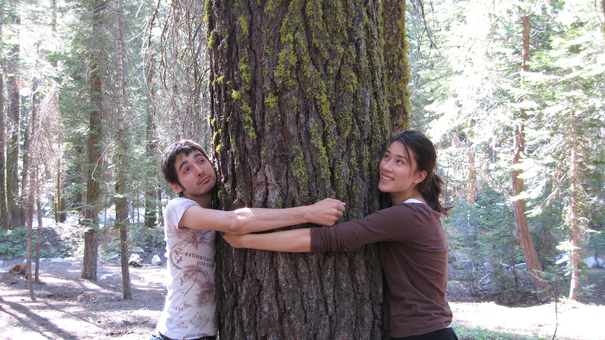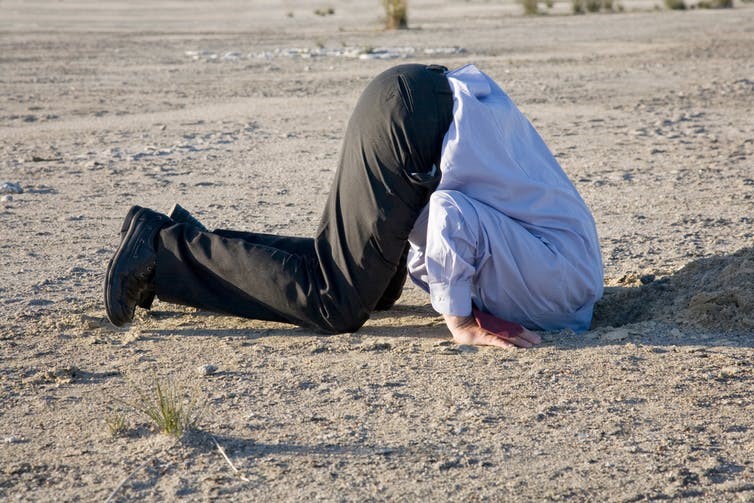It’s been four decades since the first credible, global report on the effect of carbon dioxide on the global climate.
40 years ago, in 1979, 10 climate scientists lead by Jule Gregory Charney gathered in Woods Hole, Massachusetts for an “ad hoc study group on carbon dioxide and climate” during the National Research Council. This resulted in a 22-page report called “Carbon dioxide and climate: A scientific assessment,”, also called the Charney Report. It became the very first comprehensive assessment of global climate change and the conclusion, as we guess, was already alarming.
This Report explained the risks, consequences and uncertainties of the likely effects of increasing carbon dioxide on the climate. “We estimate the most probable warming for a doubling of CO₂ to be near 3°C with a probable error of 1.5°C.” Since then, the annual average CO₂ concentration in the atmosphere has increased by about 21% and the global average surface temperature has increased by about 0.66℃, almost exactly what could have been expected if a doubling of CO₂ produces about 2.5℃ warming – just a bit below their best estimate. A remarkably prescient prediction.
What can we do?
First, let’s stop the denial. Global warming, climate change and greenhouse gas effect are not new concepts and we had already been warned by scientists 40 years ago. Countless researches have been done in the past decades and everybody has witnessed the climate changes, just within a human lifespan.
Second, change the way you live, starting by incremental steps toward a greener lifestyle. Today is always a better day than tomorrow to start taking good resolutions. Recycling, walking and biking instead of driving, composting, planting trees, using public transportations… are obvious and easy actions everyone can adopt. However, where you live can have an even bigger impact on the planet than you think (buildings in the US represent 39% of the Carbon dioxide (CO2) emissions).
Follow the lead
European countries, like Germany for instance, have already established specific guidelines in order to get to a more ecofriendly economy. Now, California is catching up by launching the Net Zero Energy, starting on January 1st, 2020 _ all new residential constructions will have to produce as much energy as they consume. It is worth noting that cities like West Hollywood and Santa Monica had already started with this path a while ago.
Denial is not an option anymore. Let’s unite and make a positive impact today so the future generations can enjoy this beautiful Planet too.

